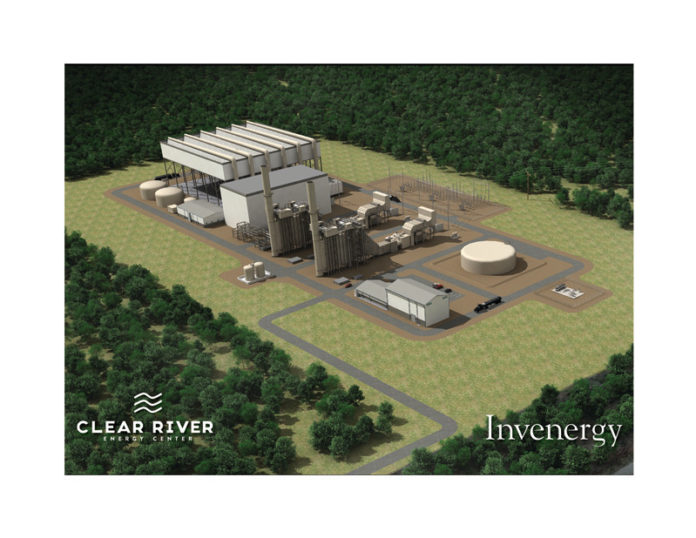
PROVIDENCE – Invenergy Thermal Development LLC on Monday agreed to terminate its water-supply agreement with the Narragansett Indian Tribe.
The agreement would have given Invenergy a backup water supply for its proposed 1,000-megawatt gas-fired power plant in Burrillville. The company is seeking permission to develop the project, which has become one of the most debated energy issues in Rhode Island.
On Jan. 18, John Brown, a Narraganset Indian Tribe officer, wrote a letter to Invenergy requesting the water-supply agreement be terminated. He cited ongoing internal issues and backlash from external forces as reasons for the request.
“A small group of persons have wrongfully claimed that they speak for the Tribe and have publicly disavowed the [agreement]. … Their statements and actions have created a significant amount of turmoil.” He wrote. “That turmoil has been exacerbated by individuals outside the Tribe who are opposed to your project.”
The deal was originally made in September. The Narragansett Indians then-agreed to provide its natural resources as backup for Invenergy. The power plant needs an estimated 15,000 gallons of water per day to generate electricity.
When the agreement was announced, it was met with surprise and opposition from a faction within the tribe, along with town officials from surrounding towns.
In a response to Brown, Invenergy agreed to terminate the agreement.
“Although the [agreement] was a backup source of water in the very unlikely event that that our primary and multiple secondary sources were not available, we entered into the [agreement] not only as a means to secure an additional possible source but to assist the [tribe] in some economic manner,” wrote Michael S. Blazer, Invenergy chief legal officer.
The $1 billion project was first proposed in 2015. Advocates argue the plant is needed to keep electricity costs low, and to ensure system reliability. Opponents, including most recently R.I. Attorney General Peter F. Kilmartin, argue the plant is unnecessary and potentially harmful to the environment.
“One of Invenergy’s several untenable plans for procuring water has fallen by the wayside — another sign that Invenergy is not yet ready for prime time,” said Jerry Elmer, an attorney with the Conservation Law Foundation.
The company’s primary water deal is with the town of Johnston. That agreement is being challenged as unlawful in R.I. Superior Court.
The R.I. Energy Facility Siting Board is tasked with deciding whether to allow the development. The board is scheduled to meet on Jan. 30 to hear arguments on whether Invenergy’s application should be suspended pending a separate lawsuit before federal regulators.
In his letter, Blazer echoed Brown’s frustration with opposition to the project.
“We completely understand and sympathize with the issues the [tribe] has had to deal with, as we have been first hand witnesses to many of those instances which create a significant amount of turmoil, misinformation and misunderstanding,” Invenergy said.
Eli Sherman is a PBN staff writer. Email him at Sherman@PBN.com, or follow him on Twitter @Eli_Sherman.












